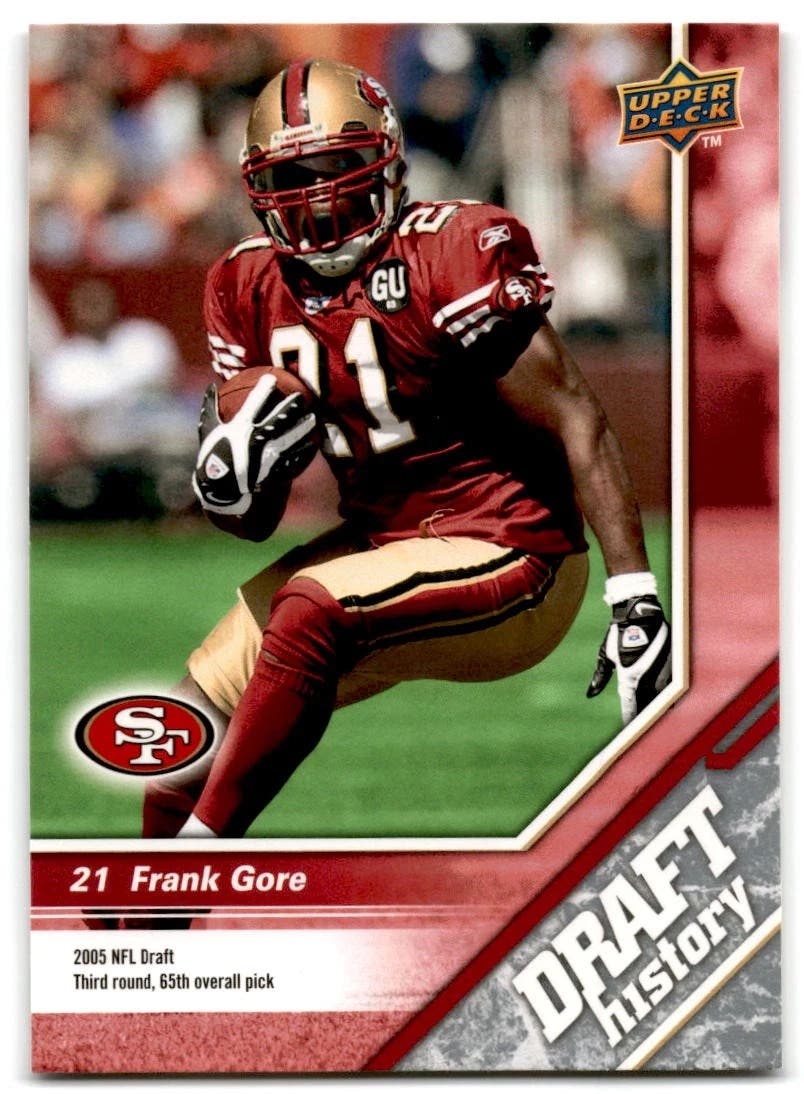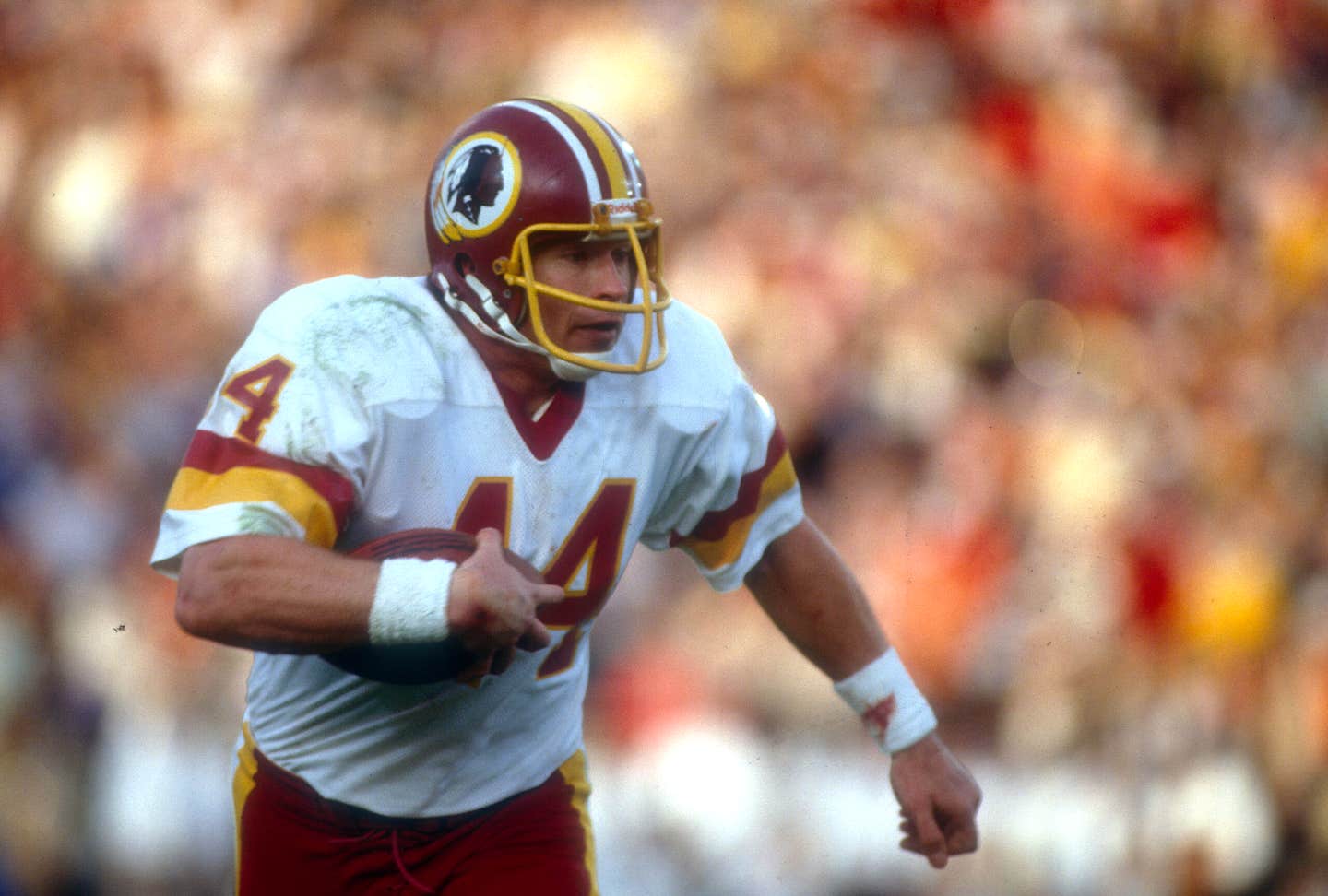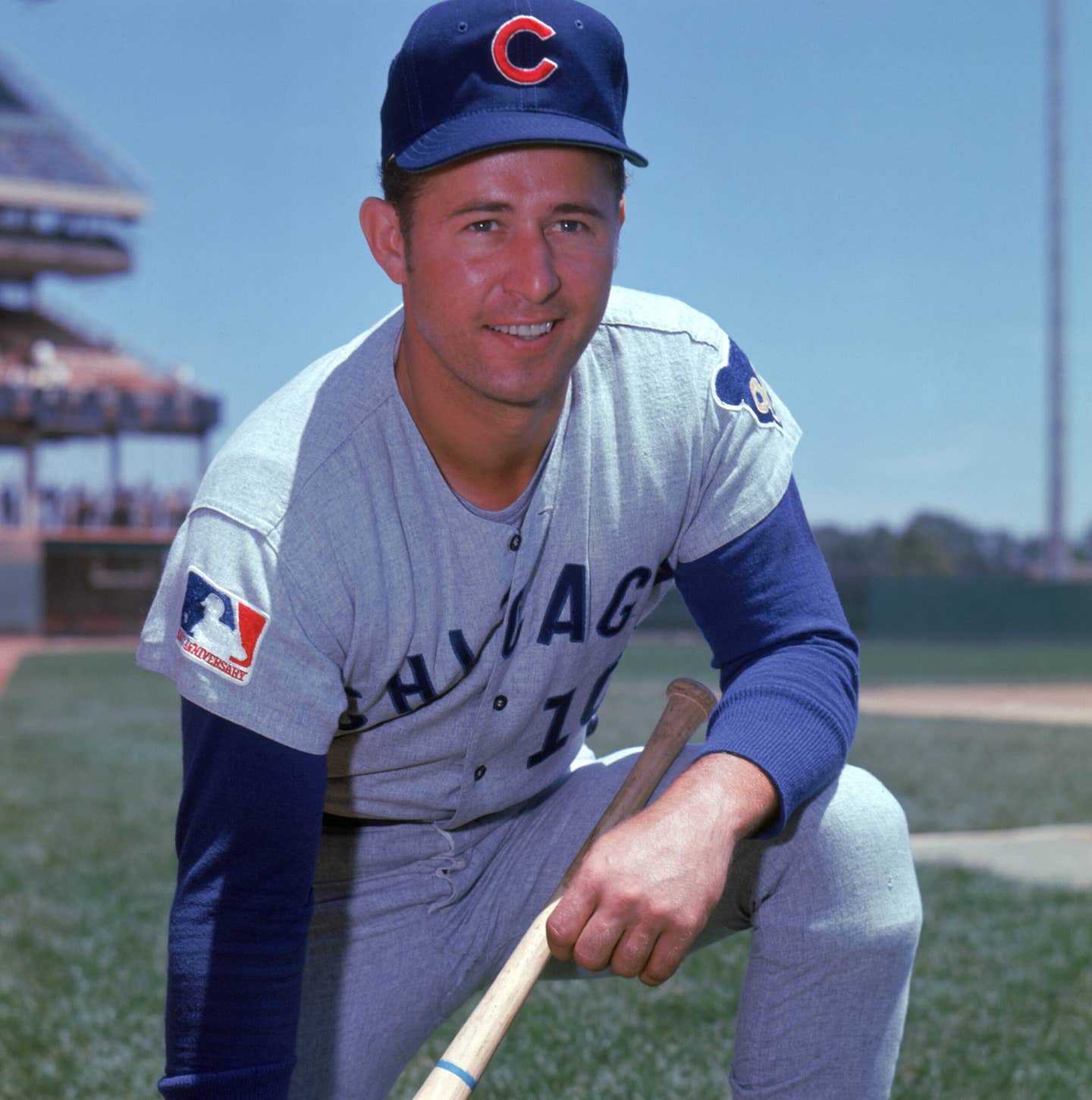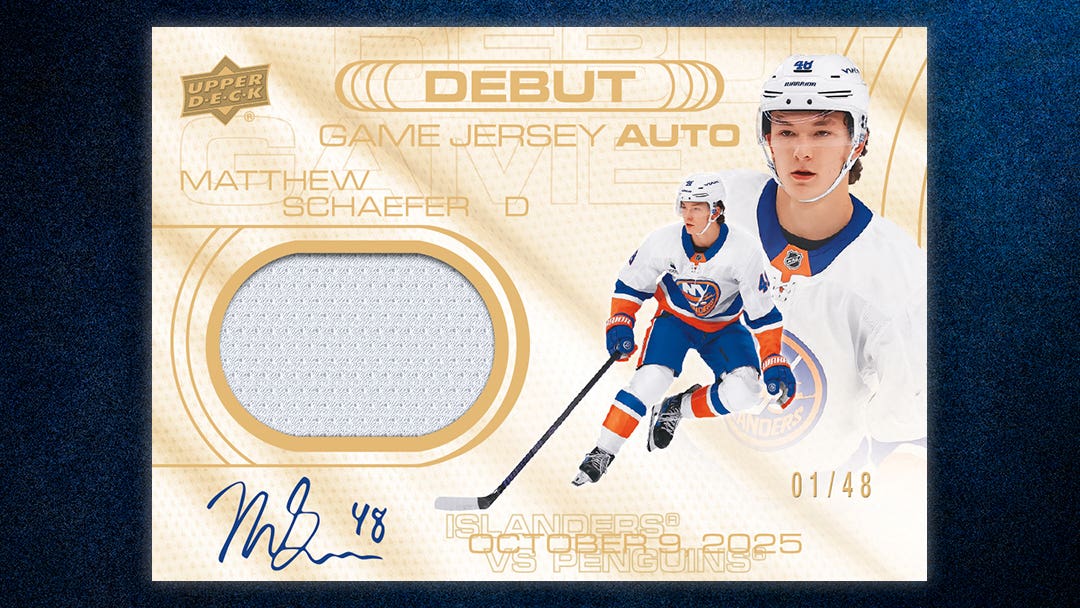Memorabilia
The Toronto Sportcard & Memorabilia Expo experiences successful change in management
By Hank Davis
The Toronto Sportcard & Memorabilia Expo set up shop in the Fall of 1991. After 25 years and 50 shows, founder/promoter Al Sinclair was ready to kiss his baby a loving goodbye and pass the grown-up child to somebody new. In Al’s words, it was time for somebody else to shout, “No running in the aisles.”
But what kind of person buys the Toronto Expo? This had become more than “Al’s baby.” In fact, the Expo had grown far beyond anything Al could have imagined. By any measure – the number of dealers, attendees, famous guests – the Expo had become an international presence in the industry. It was, at the least, the hockey show to attend. If you were a hockey collector, you didn’t miss the Toronto Expo.
So again, who buys an event like this and do they expect continued growth or are they happy to maintain the status quo?
It turns out the buyer and new king of the Expo is Toronto promoter Steve Menzie. His background is, perhaps, not exactly what you might expect.
“I’m not a hockey card guy. I can’t tell you who’s on card #31 of the 1965 Parkhurst set or what it’s worth, although there are a lot of people out there on the floor right now who can,” Menzie said. “I bring a different kind of experience to the Expo. I spent years promoting ComiCon type shows, dealing with collecting and popular culture. You might not think so, but there’s a lot of overlap between comic book collectors and sport card and memorabilia collectors. They both bring a collector mentality to it. Some of them dress up when they attend, whether it’s Spock or Gretzky.
“I want to hold what’s best about this show, but also take it to the next level using social media. Our fan base is passionate and they still collect, but some of them do it differently. Look at e-cards, for example. Print cards still have value, and arguably more value because of it. But we’ve got to adapt to changing tastes and expectations. It isn’t enough just to have a room full of tables.”
He continued, “I don’t have a fixed vision of where the Expo is going. I want to listen to fans. We’ve got to walk before we run. But I also want to bring this forward. ComiCon, for example, uses a more robust set of techniques and media to bring the product to fans. I want to have more for people to do here. They want to get up close and personal. Like that Q&A session we did with Bobby Hull yesterday. What a great opportunity for fans to sit there and listen to a legend like Hull reminisce about what it was like to sign his first million dollar contract, or take a plane to his next game instead of getting on a bus or a train.
“It’s also important to bring the kids into it. We can’t lose them and they collect differently than the way we did. We have to groom this and set it up for the next generation. I want baseball and basketball to be a bigger presence at the Expo. And I want to bring in more current players. Last time we had four present Blue Jays here. This time we have some members (Jakob Poeltl and Norman Powell) of the Toronto Raptors.
“I may not know the value of cards, but I can listen to people and learn what they want to get from attending the Expo, and figure out a way to bring it to them. This is all about celebrating the fan experience.”
[By the way, if you’re still pondering the identity of that 1965 Parkhurst card Menzie referred to, it’s Norris Trophy winner Pierre Pilote. And 51 years later, Pilote put in an appearance at the Expo, signing autographs at the Fergie Jenkins Foundation table.]
Recent Toronto Expos have been increasingly theme-based. This one was no different, celebrating the 100th anniversary of the Toronto Maple Leafs. Autograph guests included Darryl Sittler, Doug Gilmour, Wendel Clark, Ed Belfour, Lanny McDonald, Johnny Bower (who celebrated his 90th birthday at the Expo last year), Mike Palmateer, Yvon Barrette and Tony Esposito. There were also Q&A sessions with coach Iron Mike Keenan and hockey icon Bobby Hull.
Although long careers tend to be the hallmarks of success and fame in professional sports, a recent book called One Night Only: Conversations with the NHL’s One-Game Wonders by local sports TV host Ken Reid examines things from the opposite point of view. Reid, who set up shop at the Expo signing books and talking to fans, has collected the stories of 40 NHL players whose careers consisted of exactly one game.
Although falling well short of anyone’s definition of “famous,” these players – including Brock Tredway, Cam Brown and Darren Boyko – have fascinating stories to tell. Why only a single game? What went wrong (or right) to limit their careers? There’s a surprisingly wide range of answers to those questions.
Reid said, “Just because you played one game doesn’t mean you were a bad player. It means you were a good player. You reached the pinnacle of your profession.”
Ultimately, Reid’s book is about whether the player’s brief NHL stint is the subject of personal regret or celebration. Reid argues strongly that the answer should lie on the side of “celebration.”







